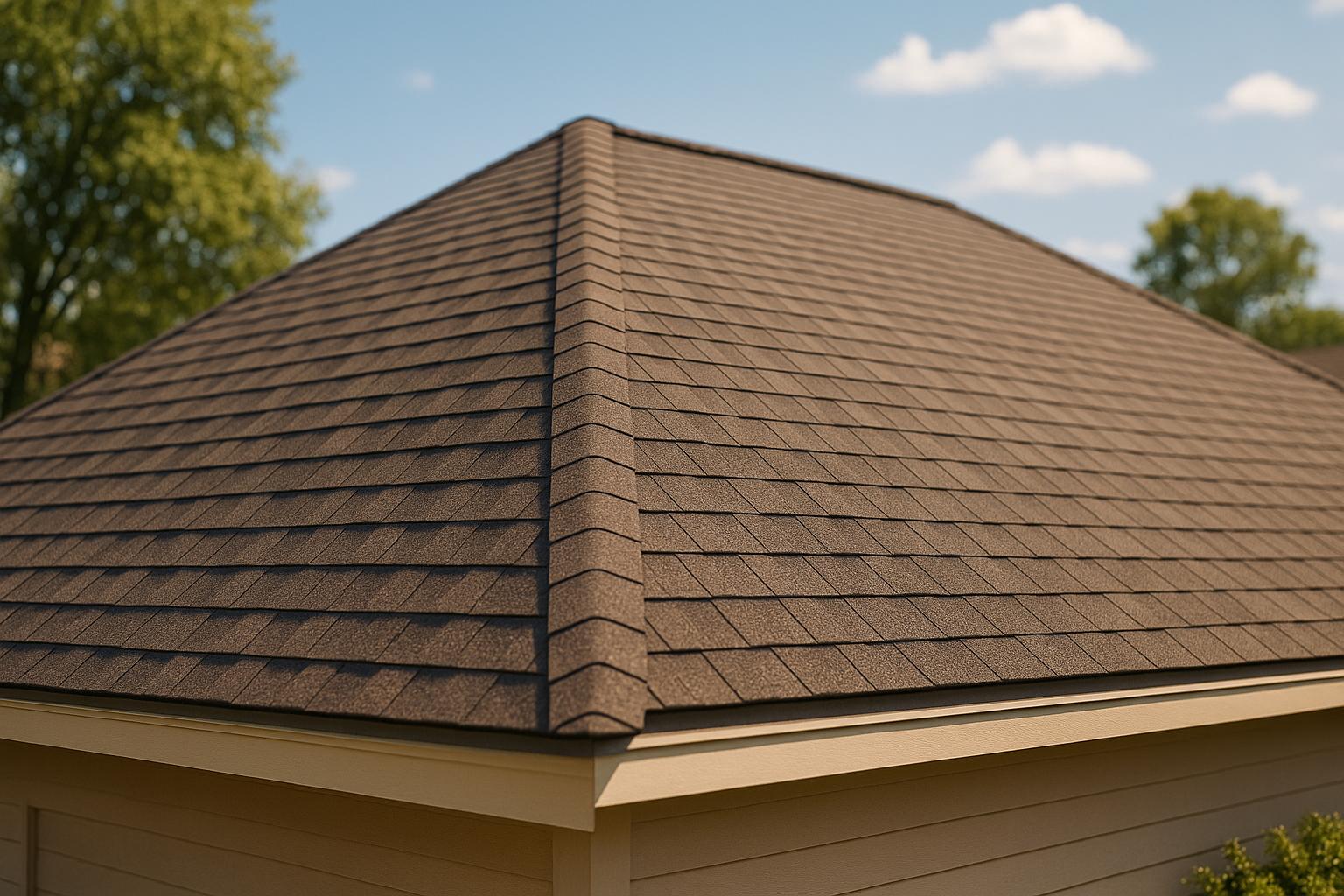Plan Your Roofing Project with a Reliable Cost Estimate
When it’s time to replace or repair your roof, one of the first questions on your mind is likely, “How much is this going to set me back?” Budgeting for a home improvement project of this scale can feel daunting with so many factors to consider—material choices, the complexity of the job, and even where you live. That’s where a tool to estimate roofing expenses becomes a game-changer for homeowners looking to plan ahead.
Why Roofing Costs Vary So Much
The price of a new roof isn’t a one-size-fits-all number. The size of your home plays a big role, of course, but so does the type of material you pick—affordable asphalt shingles cost far less than durable slate, for instance. Then there’s the design of your roof; a steep pitch can bump up labor costs due to the added difficulty. And don’t forget regional differences—urban centers often come with a premium compared to quieter rural spots. Having a way to calculate these variables gives you a clearer picture before reaching out to contractors.
Start with a Solid Foundation
Whether you’re tackling a full replacement or just curious about future expenses, getting a rough figure helps you make informed decisions. Pair that initial estimate with quotes from trusted local professionals to ensure you’re not caught off guard by hidden fees or surprises.
FAQs
How accurate is this roof cost calculator?
This tool provides a solid ballpark figure based on standard industry costs for materials, pitch complexity, and location adjustments. That said, every project is unique—factors like labor rates in your area, unexpected repairs, or specific contractor pricing can shift the final cost. Think of this as a starting point to help you budget and plan before getting detailed quotes from local pros.
What roofing materials can I choose from in the calculator?
We’ve included some of the most common options: asphalt shingles, metal, tile, and slate. Each comes with an average cost per square foot based on national data—$5 for asphalt, $8 for metal, $10 for tile, and $15 for slate. These are general figures, so if you’re eyeing a premium brand or specialty material, the price might be higher.
Why does roof pitch or location affect the cost?
Roof pitch matters because steeper roofs are trickier and more dangerous to work on, often requiring extra equipment or time—hence the multiplier (1.0 for low, 1.2 for medium, 1.5 for high). Location plays a role too; urban areas tend to have higher labor and material costs (+20%), while suburban spots are a bit cheaper (+10%), and rural areas often see lower rates (-10%). It’s all about reflecting real-world pricing trends.
